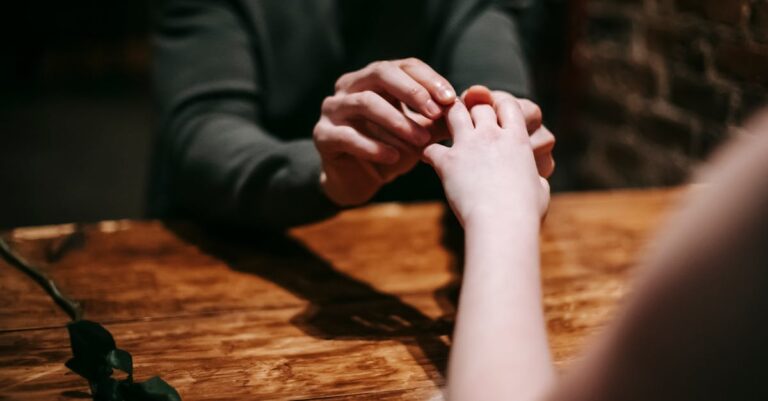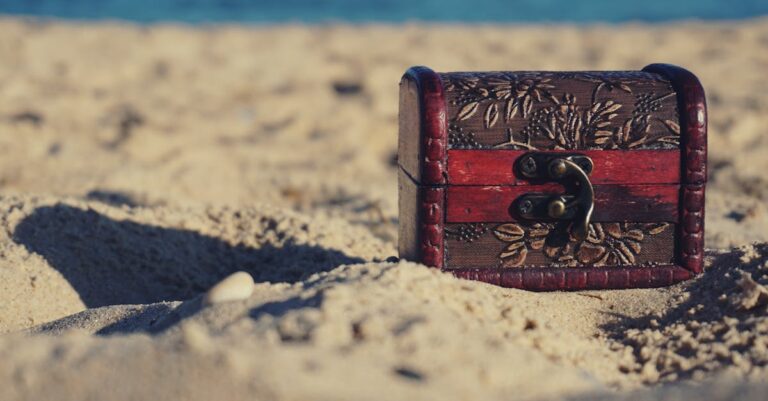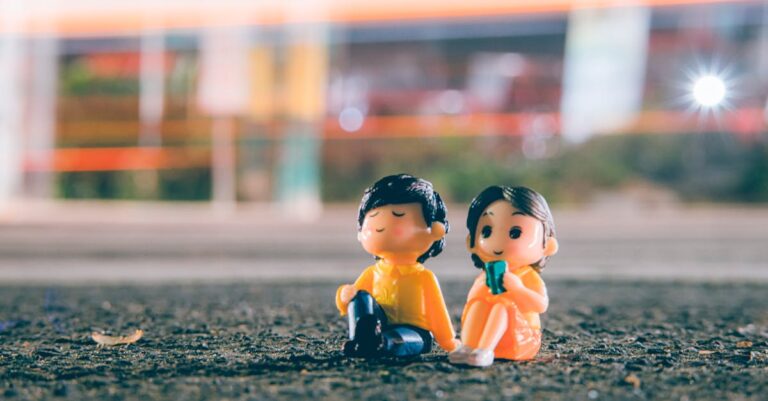Mara kneaded the dough with hands that knew every rhythm of the kitchen, her fingers pressing into the warm, yeasty mass as if extracting secrets. The oven’s glow cast golden light across the bakery’s wooden counters, mingling with the scent of cinnamon and burnt sugar. She had always found comfort in the predictability of flour and fire, in the way a loaf could rise and bake without question. But today, the air felt different—thicker, charged with something she couldn’t name.
The bell above the door jingled, and Mara looked up to see a man standing in the threshold. His coat was damp from the sea, his hair streaked with salt and wind. He held a sketchpad under one arm, and his eyes—dark, unflinching—scanned the room before settling on her. She didn’t recognize him, but the way he lingered made her stomach tighten.
“You’re Mara,” he said, his voice low, almost a whisper. It carried the weight of somewhere else, somewhere she couldn’t place.
She nodded, wiping her hands on her apron. “Can I help you?”
He stepped closer, the scent of tar and cedar following him. “I’m here for the exhibition. The one at the lighthouse.”
Mara frowned. The lighthouse had been abandoned for years, its beam long extinguished. “That place hasn’t been open in decades,” she said, though the words felt hollow even as she spoke them.
The man tilted his head, studying her. “Then why’s the door unlocked?”
She glanced at the door behind her, the one that led to the alley. It had been bolted since the last storm, but now it hung ajar, creaking in the breeze. A chill ran down her spine. She turned back to him. “Who are you?”
“Jace,” he said. “I’m here to paint the sky.”
The words hung between them, and for a moment, Mara forgot how to breathe. She had never heard of him, but something about his presence felt inevitable, like the tide pulling her toward the shore.
—
Jace stayed. Not just in the lighthouse, but in the town, in her thoughts. He moved through the streets with a quiet intensity, sketching the docks, the weathered boats, the way light fractured across the water. Mara watched him from the bakery, her hands busy with dough or pastry, but her mind elsewhere. She told herself it was curiosity—how he could find beauty in the things others overlooked—but the truth was simpler: he made her feel seen.
One evening, she found him at the lighthouse, standing on the platform where the beam once guided ships. The wind tugged at his coat, and the sky stretched vast and endless above him. She hesitated at the door, then stepped inside.
“You shouldn’t be here,” she said, though she didn’t mean it.
Jace didn’t turn. “I’ve been here every night since I arrived.”
She crossed the room, her boots echoing against the metal stairs. “Why?”
He finally looked at her, and something in his expression made her pulse quicken. “Because this place… it’s like a memory I can’t remember. Like it’s waiting for something.”
Mara frowned. “It’s just a building.”
“Maybe,” he said, his voice softer now. “Or maybe it’s a story that hasn’t finished being told yet.”
She wanted to argue, to pull him back into the world she understood, but the way he spoke—how he saw the lighthouse as more than stone and rust—made her wonder if she’d been blind all along. She stepped closer, the space between them shrinking until she could see the faint stubble on his jaw, the way his eyes held the same restless hunger she sometimes felt in her own reflection.
“What are you looking for?” she asked, her voice barely above a whisper.
Jace reached into his coat and pulled out a sketch. It was of the lighthouse, but not the way it was now—cracked and weathered. This version was whole, its beam shining bright against the dark. “I don’t know,” he said. “But I think it’s here.”
Mara stared at the drawing, her throat tight. She had spent years building a life around certainty, but Jace was like the tide—unpredictable, relentless. And for the first time, she wanted to let herself be carried.
—
The town whispered about Jace. Some said he was a ghost, others a madman who had lost his mind to the sea. Mara didn’t care. She spent more time at the lighthouse, helping him clean the rooms, bringing him coffee that he never drank. They talked for hours, about art and loss, about the things that lingered in the spaces between words.
One night, as they sat on the lighthouse’s edge, Jace turned to her. “Do you ever feel like you’re waiting for something?”
Mara didn’t answer immediately. She looked out at the water, where the moonlight shimmered like broken glass. “Sometimes,” she said. “But I don’t know what it is.”
“Maybe it’s not about knowing,” he said. “Maybe it’s about showing up.”
She wanted to believe him, but fear clung to her like the salt in the air. What if this was just a moment, something that would fade like the tide? What if she lost him, like she’d lost everything else?
Instead of saying it, she reached for his hand. His fingers were cold, but his grip was steady. And for once, she didn’t pull away.
—
The storm came without warning. Rain lashed the town, wind howling through the streets like a living thing. Mara was in the bakery when the power went out, the darkness swallowing the room. She heard the door bang open and saw Jace’s silhouette against the storm’s fury.
“We have to leave,” he said, his voice barely audible over the wind.
“The lighthouse?” she asked, already moving toward the door.
He nodded, his eyes searching hers. “It’s not safe here.”
They ran through the streets, the rain soaking them in seconds. The lighthouse was a shadow against the storm, its windows flickering with the last of the power. Mara pushed open the door, and they stumbled inside, shaking off the rain as the wind howled around them.
“It’s going to collapse,” Jace said, his voice tight with urgency.
Mara shook her head. “No. Not yet.”
But the structure groaned, the walls trembling under the storm’s weight. Jace grabbed her hand, pulling her toward the stairs. “We have to go!”
She resisted, her heart pounding. “I can’t leave it.”
“You don’t have a choice!” he shouted over the wind.
A crack split the air, and the ceiling above them shuddered. Mara froze, her breath catching in her throat. Jace pulled her down as a section of the roof collapsed, sending debris raining around them. She covered her head, but the impact never came.
When she looked up, Jace was shielding her, his body bent over hers, taking the brunt of the fall. The world tilted, and then there was only silence.
—
Mara woke to the sound of rain and the faint hum of a generator. Her head throbbed, and her body ached, but she was alive. She sat up slowly, wincing at the pain, and saw Jace lying beside her, his face pale, his breathing shallow.
“Jace?” she whispered.
He stirred, his eyes fluttering open. “Mara,” he rasped.
She crawled to him, her hands trembling as she checked for wounds. There was a gash on his forehead, and his left arm was bent at an odd angle, but he was alive. She pressed her forehead to his, tears streaming down her face. “Don’t leave me,” she whispered.
He wrapped his good arm around her, pulling her close. “I won’t,” he said, his voice steady despite the pain. “I’m not going anywhere.”
The storm raged outside, but inside the lighthouse, they were safe. And for the first time, Mara didn’t feel alone.
—
In the weeks that followed, the town rebuilt, and so did they. The lighthouse was repaired, its beam restored to guide ships once more. Mara and Jace worked side by side, their hands calloused from the labor, their hearts heavier with the weight of what they had lost and what they had found.
They didn’t know what the future held—only that they would face it together. And as the sun rose over the sea, casting golden light across the water, Mara smiled, knowing that sometimes, the most unexpected moments were the ones that shaped a life.


